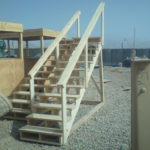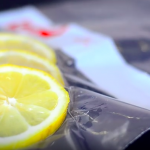Beans/Legumes
Beans are essential sources of protein and nutrients that are not found in other vegetables, and they can reduce the need for meat, poultry or fish products to maintain a steady diet. You need beans in your garden. However, they do not interact with many other types of vegetables, so you’re better off keeping them completely separate just to be safe. This is especially true when grown next to chives, onions, garlic or leeks. Beans also are not compatible with peppers or marigolds. Keep in mind that we’re talking about the entire bean family, from limas to peas.
Tomatoes
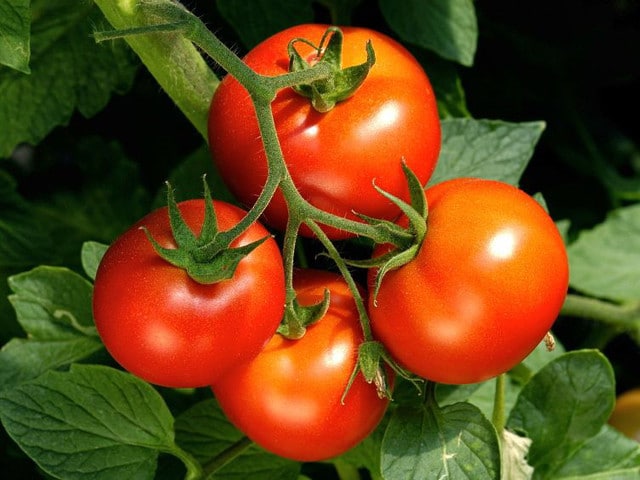
Tomatoes need a lot of water and nutrients that they will gladly steal from certain neighboring crops. Their root structure can also interfere with various vegetables as well. Examples of what to keep away from tomatoes include broccoli, cauliflower, cucumbers and cilantro.
Broccoli and Cauliflower

These cousins are also very demanding and fickle when it comes to thriving next to certain vegetables. They may grow poorly or not grow at all if placed near tomatoes, peppers, strawberries, cilantro, every type of squash and pumpkin. For some reason, zucchini, broccoli and cauliflower are also arch-enemies, so you want to make sure that your zucchini is at the opposite end of the garden in order for all three of these crops to flourish.
Carrots and Celery
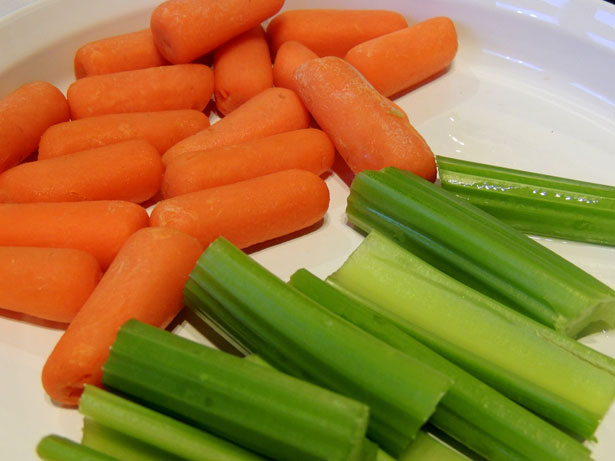
While carrots are some of the easiest and most resilient vegetables to grow, you may end up with a failed crop if you plant them near asparagus or dill. There are a lot of people who also say that carrots and parsnips don’t do well together. Celery should not be planted near parsnips or potatoes.
Potatoes

The best way to grow potatoes are by themselves in dedicated gardens or containers. However, if you do decide to mix them with other veggies in your garden, make sure to keep them away from cucumbers, squash, turnips, melons, tomatoes and sunflowers.
Cucumbers

Cucumbers are also very easy to grow and require little care and maintenance. However, they can perform poorly, or cause other vegetables to do the same if they are placed in the wrong groups. Avoid planting them next to potatoes, cauliflower, broccoli, basil or other fragrant herbs.
Lettuce
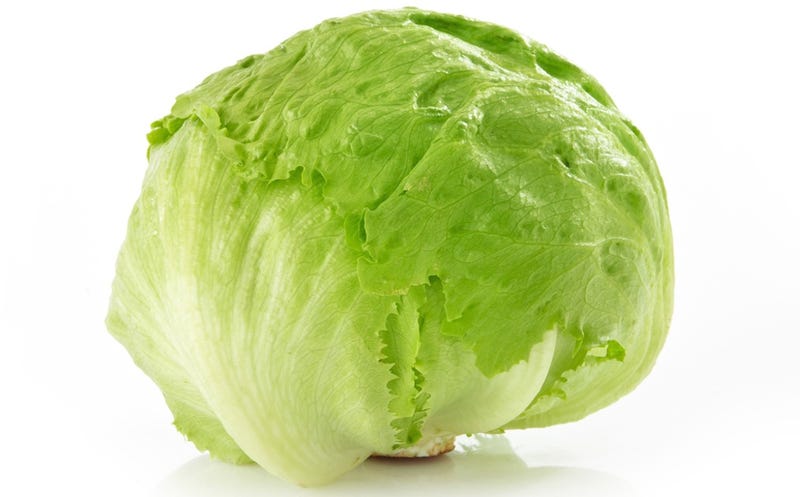
Lettuce can be grown almost anywhere and don’t need much but a lot of water, some shade and quality soil. However, their growth potential can be wrecked if they are planted near beets, parsley or beans.
Melons, Sunflowers and Herbs
Melons do not grow well with cucumbers or potatoes, probably because they all need a lot of water and nutrients from the soil. Sunflowers shouldn’t be planted anywhere in your garden except around the edges. Even then, you should keep them at least a foot away from any other type of plant. There is a reason for the term “herb garden”, and Herbs are best left to grow in their own section or garden separately.
These are just a few examples of many plant combinations that do not work well together. Make sure that you do research and plan your garden layout accordingly in order to minimize the risk of mixing and matching crops incorrectly. The good news is that you can uproot and transplant crops even after they’ve started to grow in order to correct any problems that exist. Just don’t wait too long into the growing season to correct problems. Quick action will help to give all of your crops the best chance of flourishing and producing a bountiful harvest.
More Articles From This SIte
Pages:
- 1
- 2




